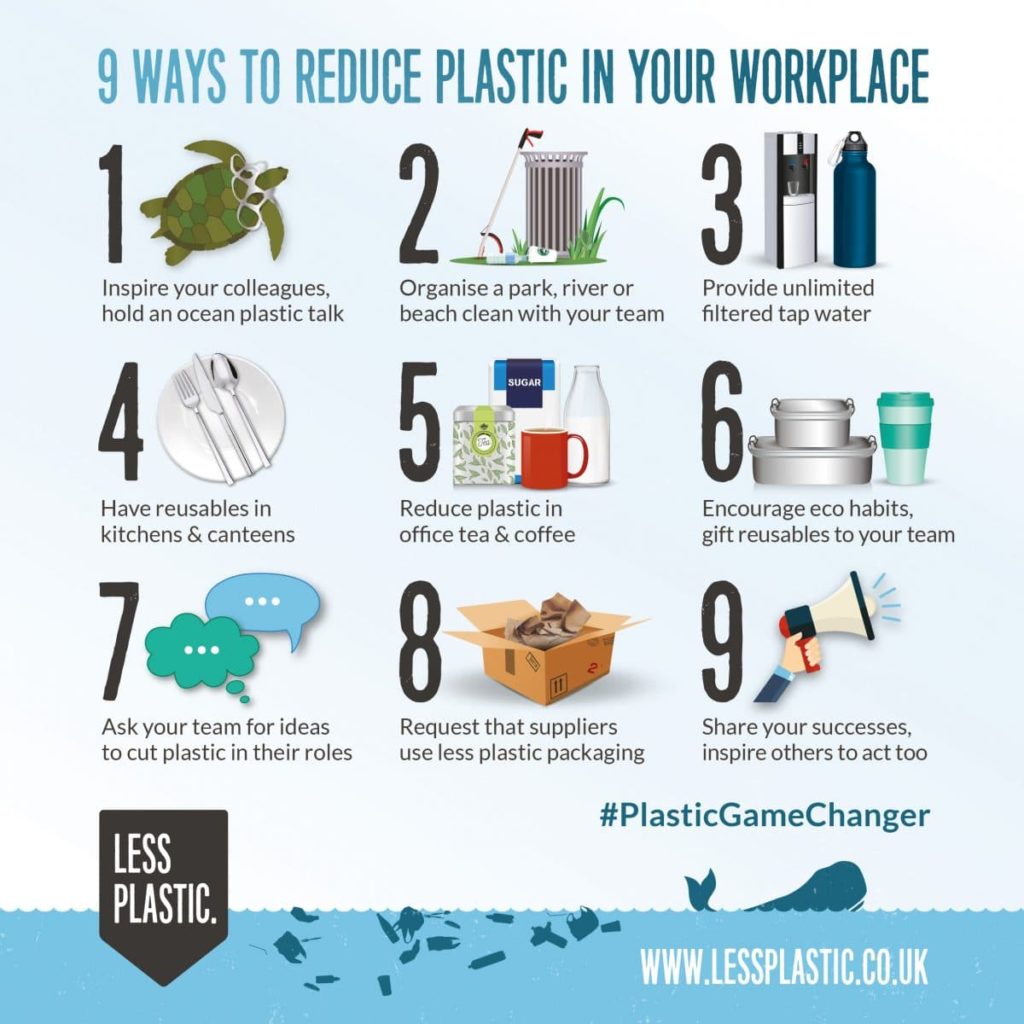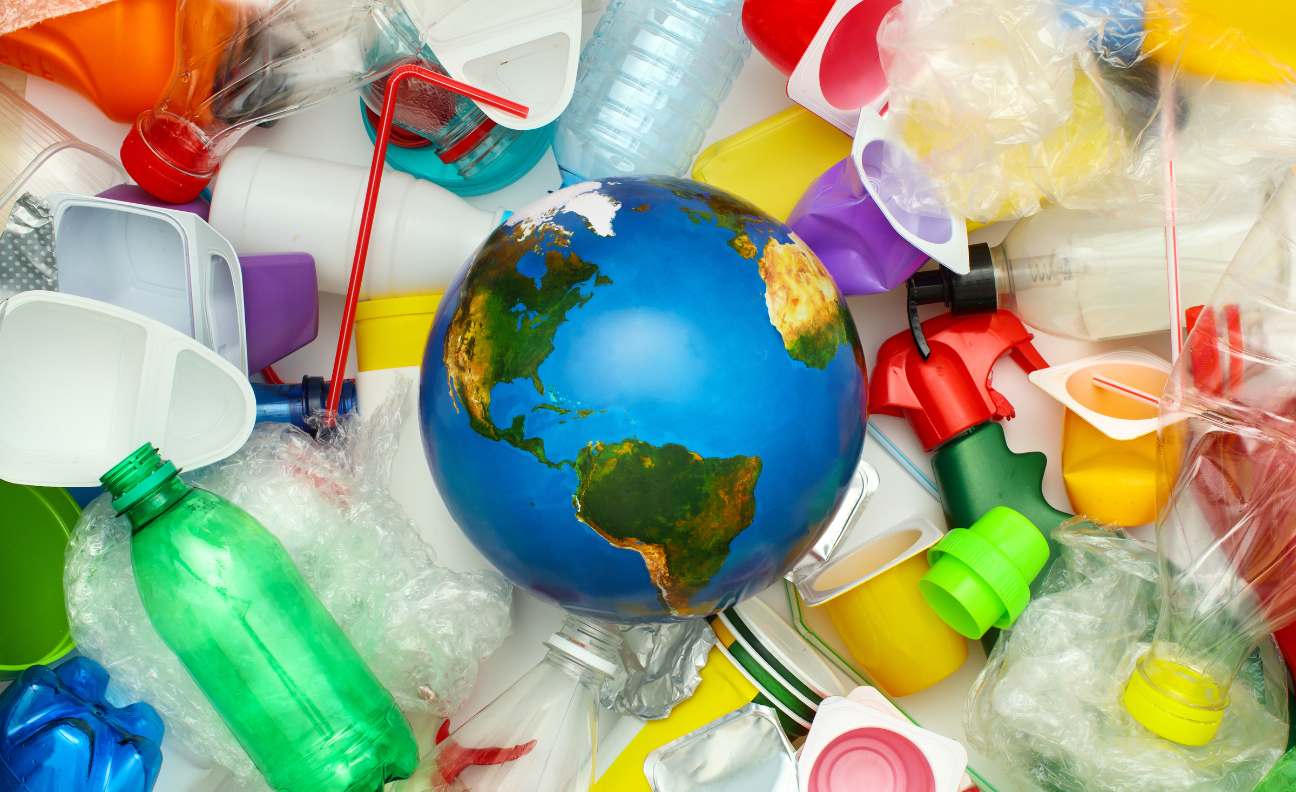A group of investors managing £7.9 trillion in assets has urged large companies like Coca-Cola and Unilever to promptly decrease their use of plastics.
A statement has been signed by 185 investors, such as Aviva Investors and Legal & General Investment Management, which is aimed at companies in the fast-moving consumer goods and grocery retail sectors, with the goal to reduce the significant negative impact of plastic on society, particularly on the environment.
This blog will explore the reasons behind the growing concerns related to plastic pollution, the impact of plastics on the environment, and the steps that companies can take to reduce the use of plastic.
What is the cost of plastic pollution?
The problem of plastic pollution is becoming more and more serious. The world produces over 300 million tonnes of plastic each year, and this not only harms the environment, but also has significant financial consequences.
According to the Dutch Association of Investors for Sustainable Development (VBDO), the societal cost of plastic pollution is estimated to be more than £80 billion per year.
The financial costs have arisen because the damage to natural resources and ecosystems has led to a loss of income, and negatively affected tourist destinations, fishing, and recreational activities.
This is leading to investors starting to urge companies, like Coca-Cola and Unilever, to reduce their plastic footprint, which in turn will lower and limit their contribution to the problem.
Plastic pollution could reduce by 80% by 2040 if governments and companies make policy and market shifts using existing technologies.
— UN Environment Programme (@UNEP) May 16, 2023
OUT NOW – UNEP’s new report provides a pathway for nations to #BeatPlasticPollution: https://t.co/dcfBkZaOfN pic.twitter.com/iSQ9QSpYC1
How is plastic pollution harmful to the environment?
The impact of plastic pollution on the environment is catastrophic. Plastics take hundreds of years to break down, meaning that a single piece of plastic can outlive its owner by many generations.
Marine animals often mistake plastics for food when they are in their natural surroundings. This can lead to ingestion, causing harm or even death. As a result, millions of animals, including whales and sea turtles, die every year due to plastic pollution.
Additionally, tiny plastic particles known as microplastics have entered our food chain, posing a significant threat to human health. Therefore, it is crucial to take immediate action to reduce plastic usage and mitigate the effects of plastic pollution.
What should companies do to improve their plastic use?
Companies like Coca-Cola and Unilever have a big influence on how much plastic is used, especially in fast-moving consumer goods and grocery retail industries. These companies are accountable for producing one-time-use plastics, including bottles, packaging, and other forms of waste.
In order to decrease their plastic consumption, these companies should consider the benefits of switching to eco-friendly options, like compostable or reusable materials. Using this approach would greatly decrease the environmental impact of plastic production and waste, as well as lower the financial risks linked to plastic pollution.
Addressing plastic pollution will require a dramatic transformation of the entire life cycle of plastics; from production & consumption to waste management.
— United Nations (@UN) May 20, 2023
New @UNEP report lays out a roadmap to #BeatPlasticPollution. https://t.co/ETPUvafbPR
📸: Sculpture by @thevonwong pic.twitter.com/5u3098JRGs
How can customers help in reducing plastic use?
Customers can play an important role in reducing plastic use by avoiding single-use plastics and opting for more sustainable alternatives.
They should also be mindful of the products they buy, looking for package labels that mention “recyclable” or “compostable” materials, and taking advantage of bulk purchase discounts to reduce single-use packaging.
Moreover, customers should be aware of their local regulations and support businesses that are taking steps to reduce plastic pollution. The more people become involved in the fight against plastic pollution, the greater the chances of success in tackling this growing environmental crisis.

What are the benefits of reducing plastic pollution?
Reducing plastic pollution is essential not only for the environment but also for businesses. It helps to reduce costs associated with production, storage, and waste disposal of plastics.
Moreover, companies that demonstrate leadership in reducing plastic pollution can help create a positive public image and attract more customers who are looking for sustainably-minded products.
Lastly, it will help to protect the health of marine and terrestrial ecosystems, preserving our natural resources for future generations. The bottom line is that reducing plastic pollution is beneficial for both businesses and the environment – a win-win situation.
Conclusion
Plastic pollution is a global environmental crisis with serious financial and health implications. Companies should take the lead in reducing their plastic footprint by shifting to more sustainable alternatives and encouraging customers to do the same.
Reducing plastic use not only helps to protect the environment but also has numerous benefits for businesses, such as cost savings and an improved public image. It is essential that everyone take decisive action to reduce plastic pollution in order to protect the planet and ensure a healthy future for generations to come.









